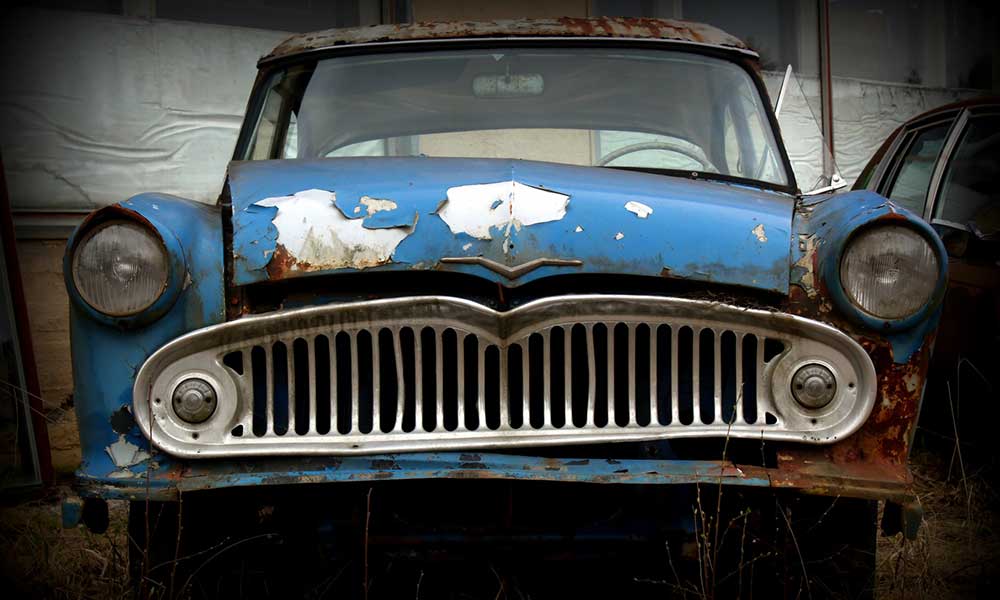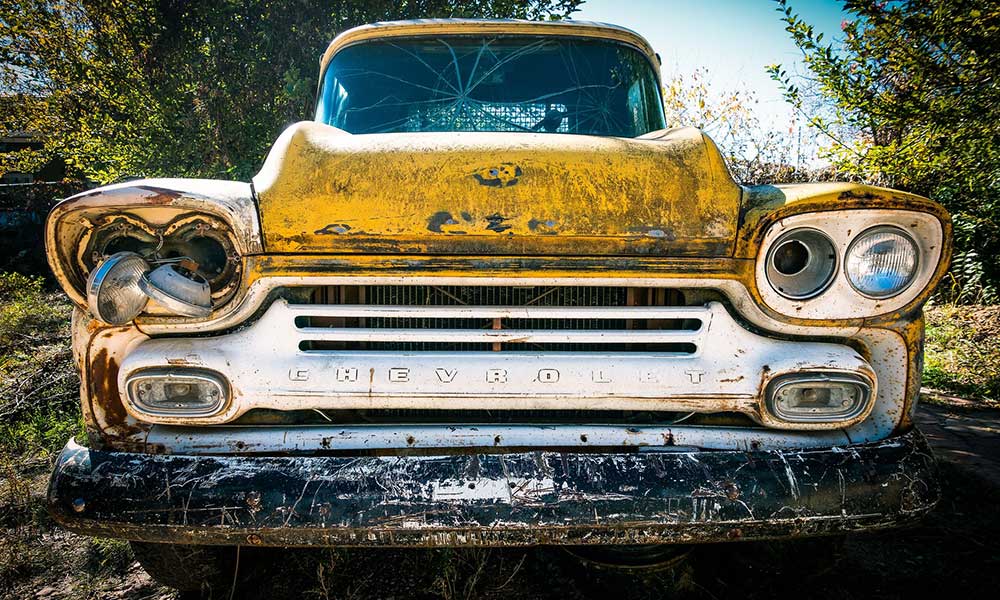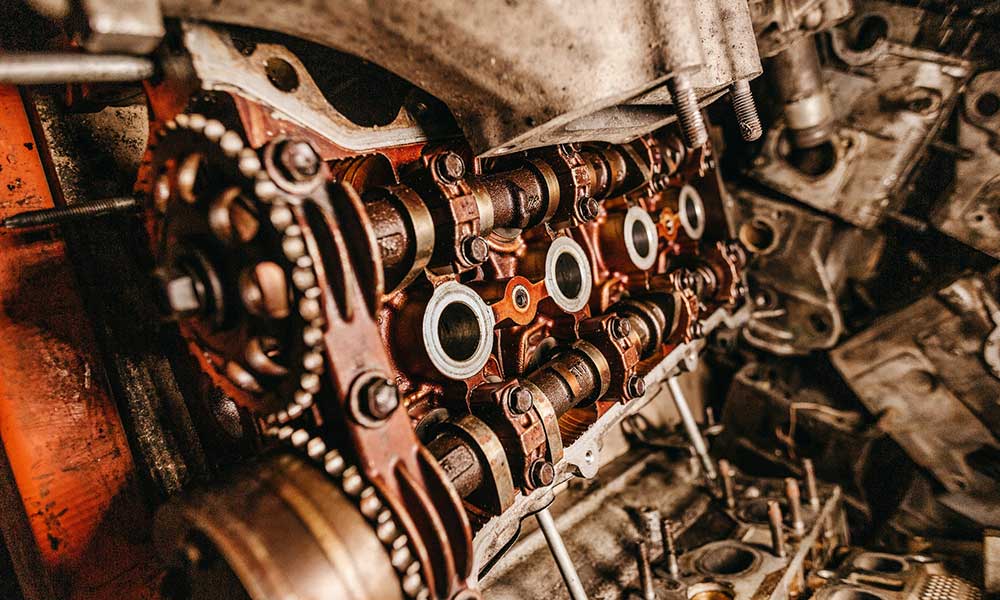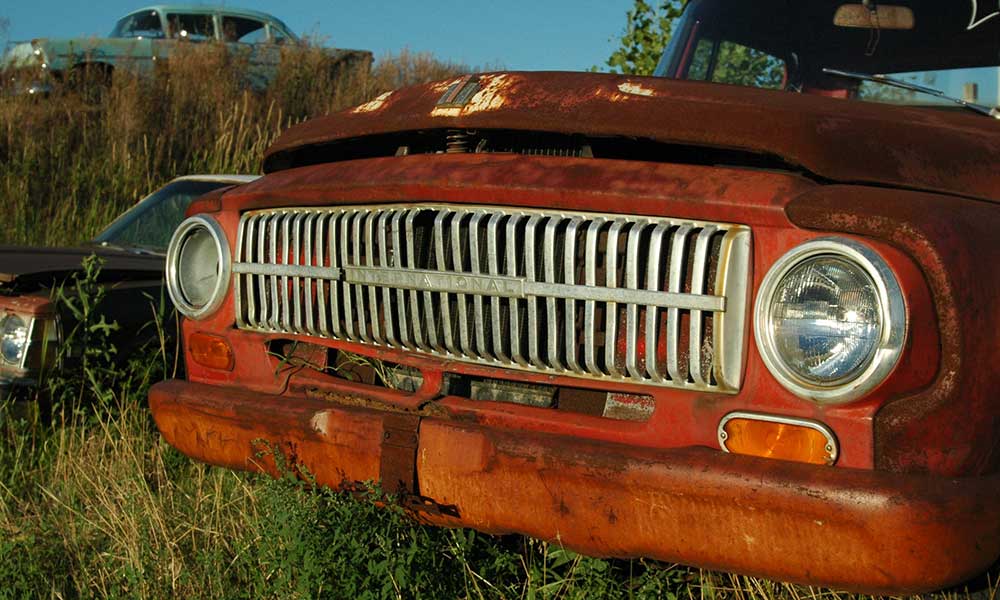Whether you have a new or used car, a car warranty will come up at some point. Whether you need a car warranty depends on your specific situation. However, you need first to know how a car warranty works before you can determine if you need one. Let’s talk about car warranties.
What is a Car Warranty?
A car warranty is an agreement that covers necessary repairs to your vehicle due to manufacturer defects or mechanical breakdowns. You can also purchase an extended warranty, which is a vehicle service contract that extends the manufacturer’s warranty coverage for repairs or the replacement of parts. When you purchase a vehicle, it will most likely be covered by a warranty.
How Does a Car Warranty Work?
Car warranties are like a safety blanket for your car. These warranties help you save time and money. If something goes wrong with your car, you can take it to a mechanic’s shop to be repaired. If the issue or malfunction with the car is included under the warranty, you don’t have to pay for the repairs.
Are Car Warranties and Car Insurance the Same?
Many people confuse car warranties with car insurance. While both instances provide a form of protection for your car, they provide different types of auto protection at different times. Car warranties cover malfunctions and issues that are caused by a mechanical breakdown due to poor workmanship or defective parts. Car insurance protects against other expenses, such as medical bills and auto repair costs if an accident occurs.
What Do Car Warranties Cover?
If you purchased a new car, it will come with an original manufacturer’s warranty. This warranty covers the cost to repair or replace broken or defective parts. In most scenarios, the warranty stays with the car and is transferable from one owner to another.
This means that you may be covered by the original warranty if you purchased a used or certified pre-owned vehicle that’s only a few years old. However, the warranty doesn’t start over. If you purchased a vehicle with 6 months or 6,000 miles left on the initial warranty, this is the amount of time the warranty remains valid.
As you know, auto warranties cover defective or broken parts and systems and do not cover damage caused by an accident or from normal wear and tear. For the necessary repairs to be made, you may be required to have your car serviced at your car’s manufacturer’s licensed dealerships or an approved repair shop.
Issues that are generally covered by a car warranty can include the following:
- Repairing or fixing engine parts
- Repairing or fixing transmission parts
- Issues or defects with seatbelts or airbags
- Issues or defects in the audio system or entertainment system
- Issues or defects with other electronics or electronic systems in your car, such as the air conditioning
Your vehicle’s warranty can also include roadside assistance for the duration of the warranty. If your car’s warranty doesn’t include roadside assistance, you can add it to your auto insurance policy, or purchase it through a third-party provider. However, most car warranty companies offer roadside assistance as a perk of being a policyholder with them.
How Long Does a Car Warranty Last?
Car warranties operate for a specific amount of time or a set distance in miles. In general, car warranty coverage lasts for 3 years or 36,000 miles, which means the warranty will cover the required repairs in the first 3 years you own the car or for the first 36,000 miles you drive it, whichever comes first. For most drivers, the mileage limit comes before the first 3 years of ownership.
Do Car Warranties Cover Regularly Scheduled Maintenance?
All car manufacturers require owners to maintain the vehicle by scheduling standard repairs or maintenance that is provided in the car owner’s manual. However, car warranties do not cover routine maintenance. Failure to follow the manufacturer’s recommended maintenance schedule can void your car warranty, so make sure you’re doing your part.
If you purchase a new vehicle, it’s common that the car will include a maintenance plan. For instance, many 2023 vehicles come with a 3-year or 36,000 miles of complimentary maintenance.
Recall Repairs and Warranties
Some defects can make your car unsafe to operate. Once a manufacturer learns of a safety defect, federal law requires them to issue what’s known as a recall order. They must also attempt to contact every owner to notify them of the problem and repair it free of charge.
Vehicle recalls are always free and will never expire. For example, if you are informed that the manufacturer recalled your vehicle to fix a safety defect 22 years ago, you can still take it to the dealership to have the problem corrected at no cost!
Do Car Warranties Transfer to the New Owners if a Car is Sold?
In most scenarios, the car warranty will transfer when the car is sold. In some instances, transferring an auto warranty will alter its terms. For example, a car can have a 10-year/100,000-mile powertrain warranty. In the event, the car is sold, only a 5-year/60,000-mile powertrain warranty goes to the new owner of the car.
If you’re purchasing a used car, you’ll want to find out when the car was first sold. Typically, automakers routinely start selling the next year’s model year before the calendar year comes to an end, which means your 2018 vehicle may have a warranty period starting in 2018 if it was sold early.
How Can You Check Whether a Car is Still Under Warranty?
You can check if your car is still under warranty by knowing the car’s mileage and date of purchase. The car’s owner’s manual will have details on the warranty coverage from when the car was initially sold.
To find your car’s mileage, you can check the odometer. If the car’s mileage exceeds the warranty limit, this means the car is no longer covered under the warranty. Even if the mileage does not exceed the set limit, you’ll still need to check the date of purchase.
If you are not able to determine the car’s original purchase date, you’ll need to write down the vehicle identification number (VIN) and call any dealership that sells the brand of that car. The dealership will be able to look up the purchase date for you.
Also, if you’re not the car’s first owner, you’ll need to ask the dealership whether the warranty was transferred to you when you purchased the car. In most scenarios, the answer will be yes. However, for some manufacturers and certain model year cars, the warranty terms can change when a car is sold as a used vehicle.
Factory Warranties vs. Extended Warranties
There are different auto warranties available, but the main types of coverage are factory and extended auto warranties. Factory warranties come with the purchase of a new vehicle. Vehicles that are certified pre-owned (CPO) are covered with a limited factory warranty. Extended warranties are an additional coverage plan that can be purchased from your car dealership or a third-party company.
Now that you have more insight into car warranties and how they work, you can choose a warranty that best suits your needs. Make sure you read the fine print of any auto warranty policy before you sign and agree to anything. It will save you from any unwanted surprises later.









